Odin is a Norse mythological figure, while Zeus is a Greek mythological figure. Zeus is regarded as the supreme ruler of all Greek deities, but Odin is a central figure in Norse mythology. The key natural world command abilities of Zeus are lightning and thunder, whereas the powers of Odin are magic and knowledge.. Norse Gods: A Clash of Clans. In Norse mythology, the gods were organized into two powerful clans - the Aesir and the Vanir.The Aesir, known as the main gods, resided in the majestic realm of Asgard.Led by Odin, they were associated with war, wisdom, and cosmic order.On the other hand, the Vanir, considered fertility gods, dwelled in Vanaheim, a realm abundant with natural beauty and fertility.
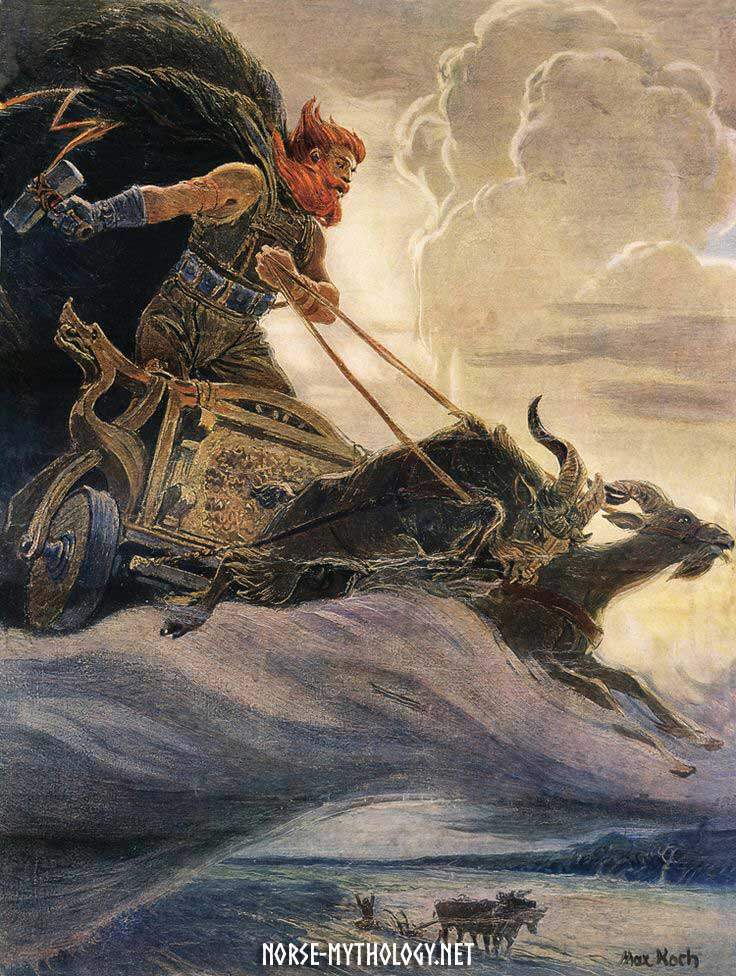
Norse Gods VS Greek Gods Mythology & Cultures Amino

The Greek Pantheon VS Norse Pantheon Which is More Powerful? God of War Ragnarok BATTLE

Zeus vs Odin (Greek Mythology vs Norse Mythology) YouTube
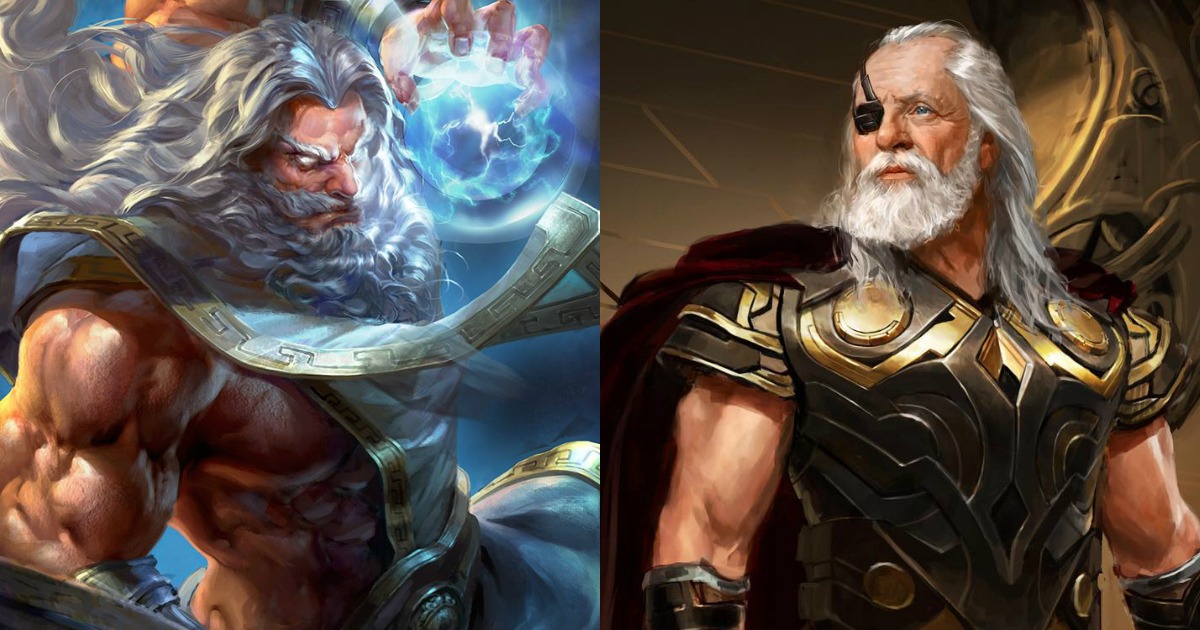
Odin Vs Zeus Why The SkyFather Can Never Hope To Defeat The AllFather
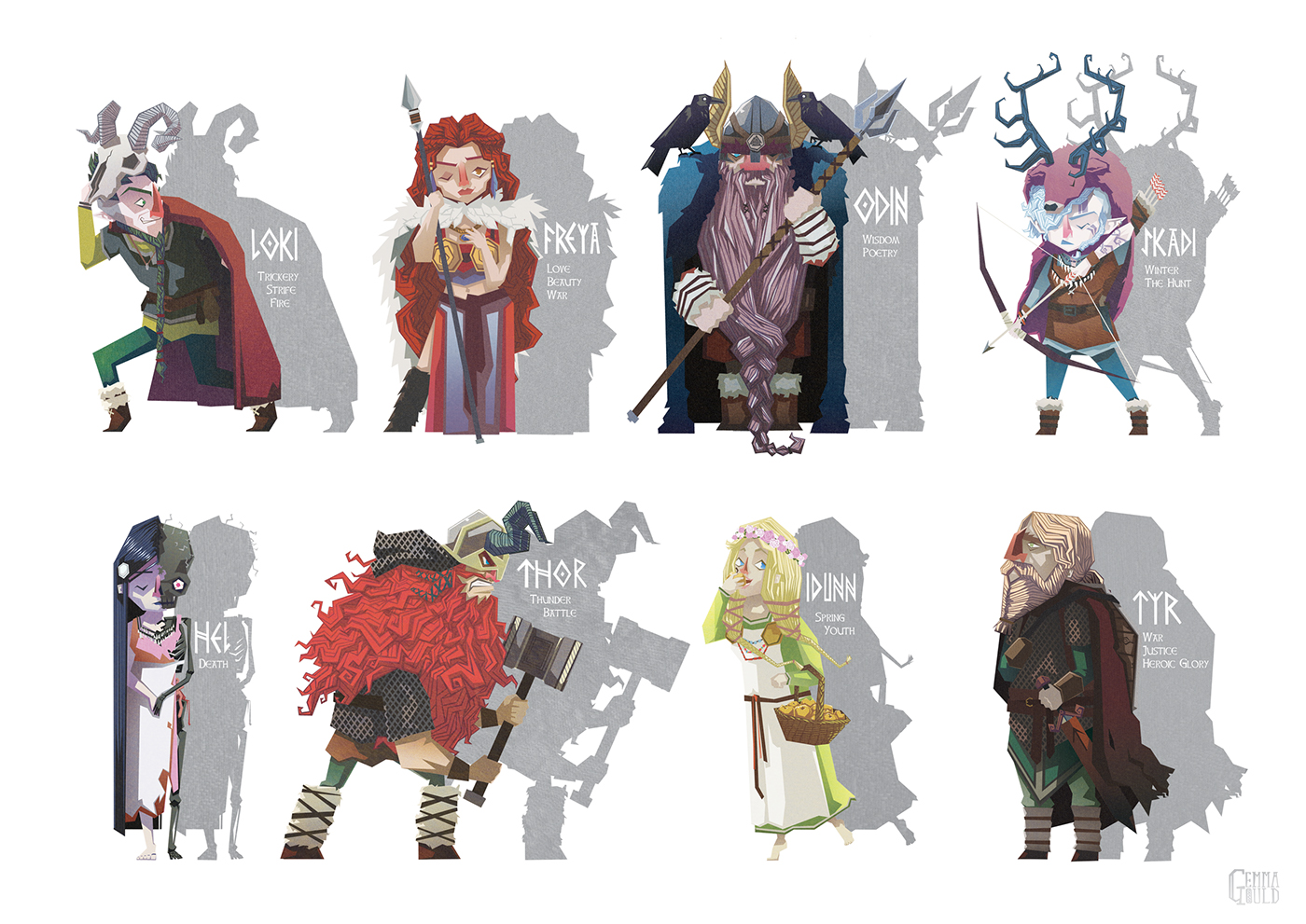
Norse Gods on Behance
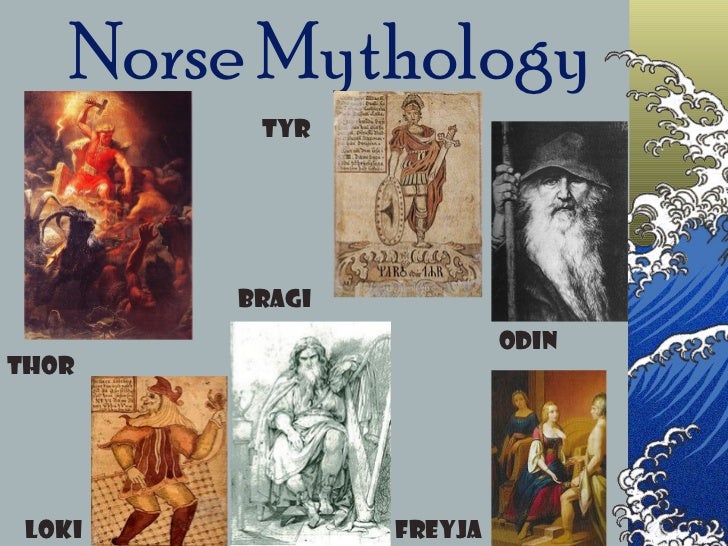
Greek mythology
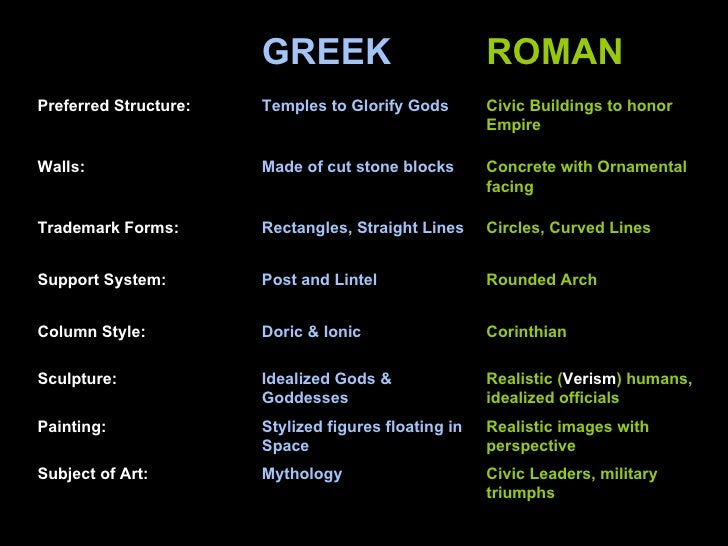
️ Greek and roman mythology comparison. Differences between Greek and Norse Mythology. 20190215

GOD OF WAR Greek Gods vs Norse Gods Comparing The God Of War Gods [[ Subscriber Video Idea
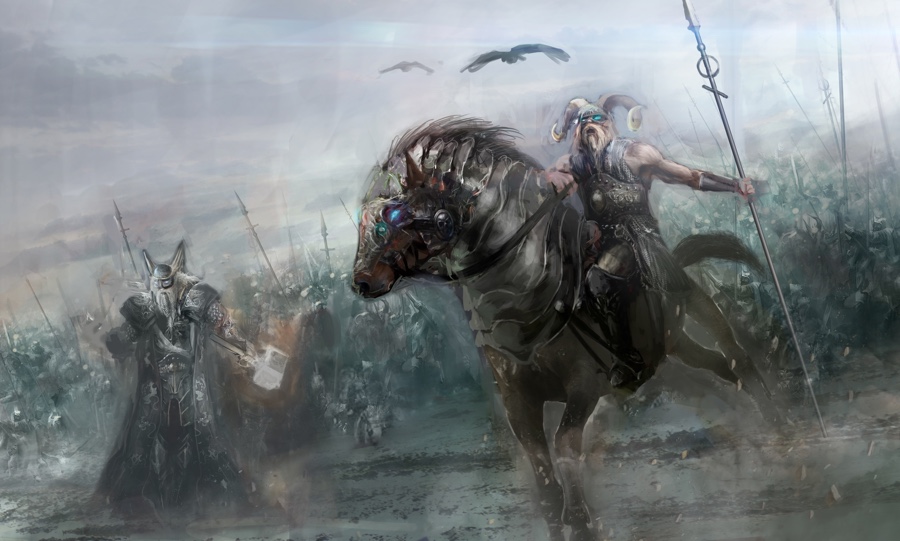
Gods in Norse Mythology Life in Norway
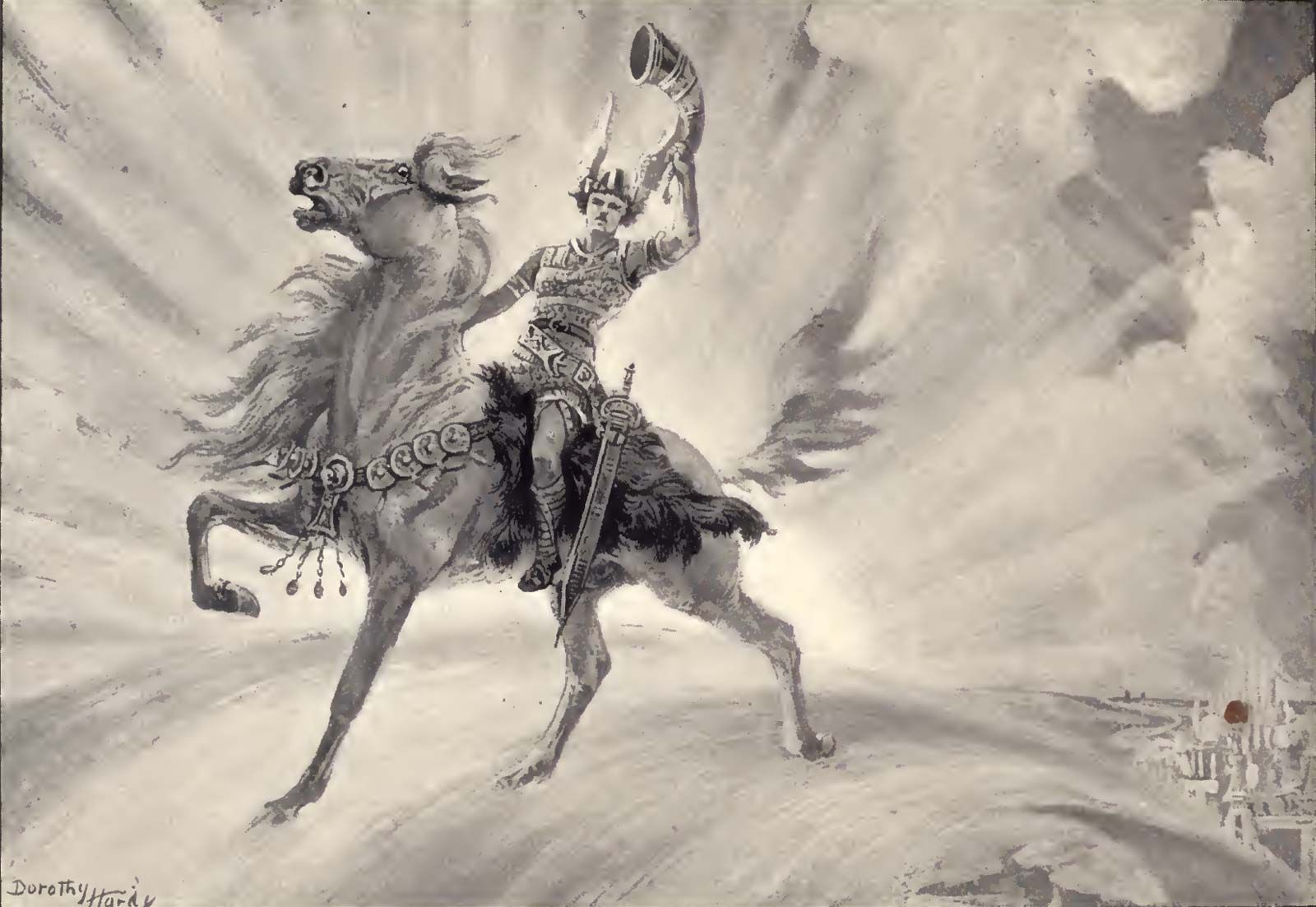
Greek Gods vs. Norse Gods Comparing the Powers and Limitations of Mythological Figures The

Norse Gods Vs. Greek Gods Differences & Similarities NorseMythologist

GREEK GODS VS NORSE GODS YouTube
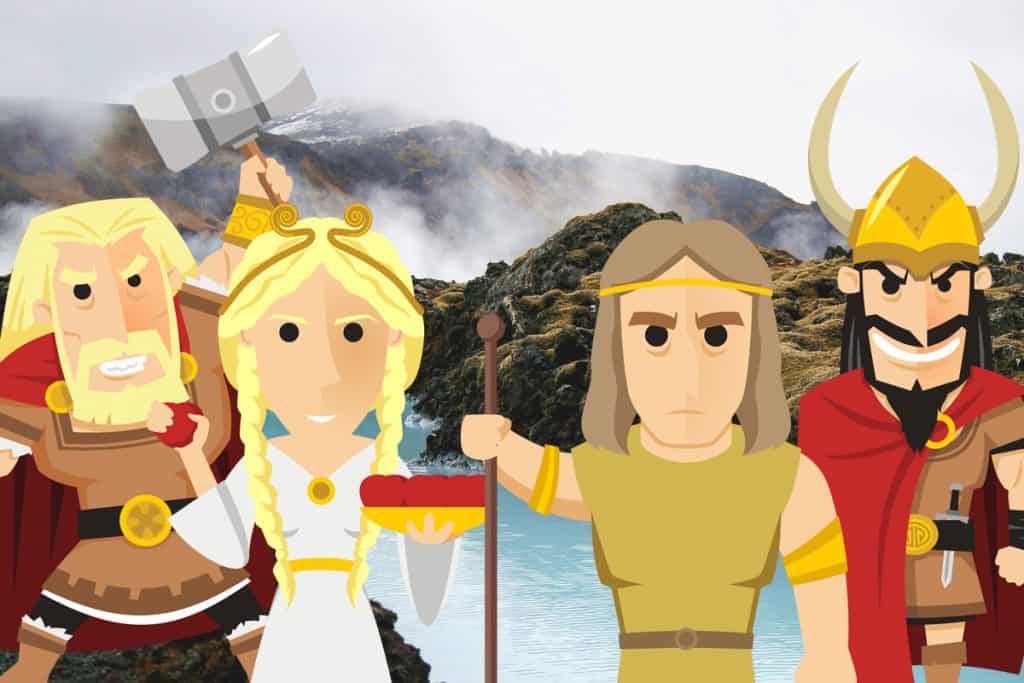
Greek Gods vs Norse Gods What is the Difference? Myth Nerd

15 Norse Mythology Gods and Goddesses List With Names & Info
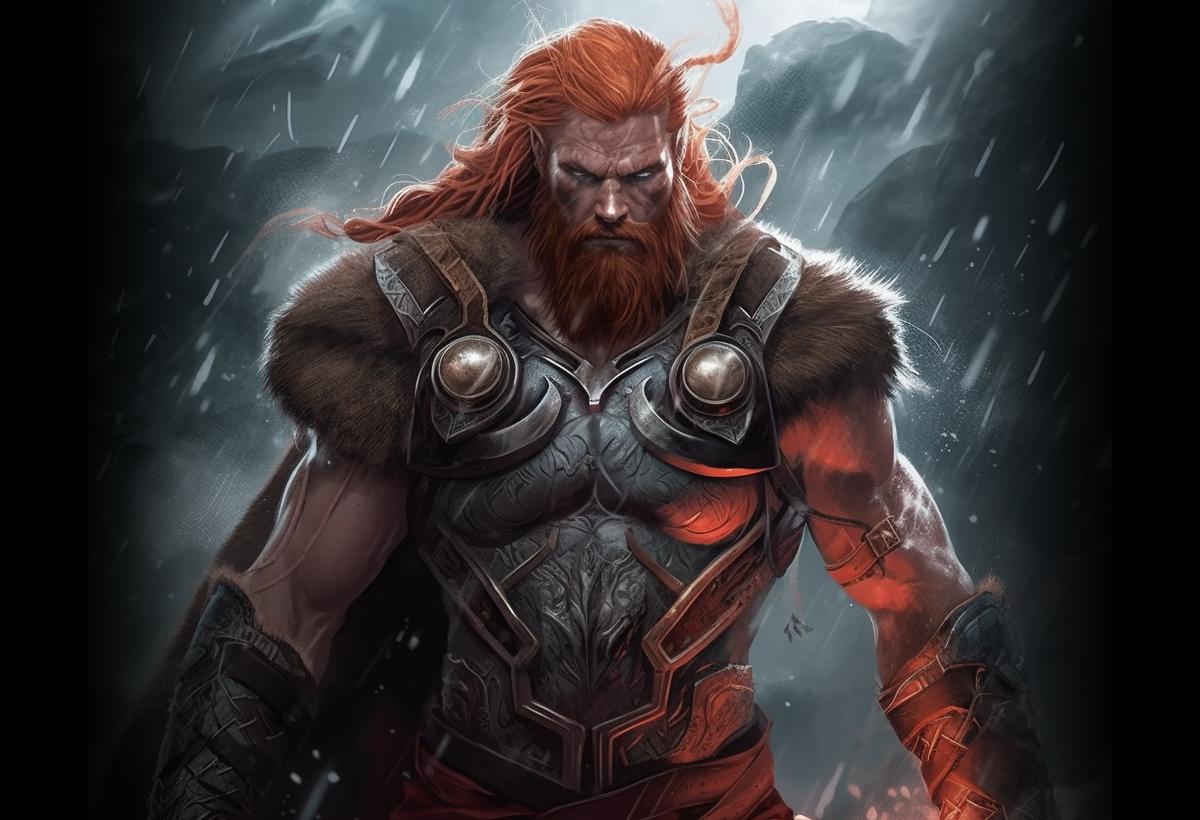
What you need to know about Thor, the Norse God of Thunder The Viking Herald
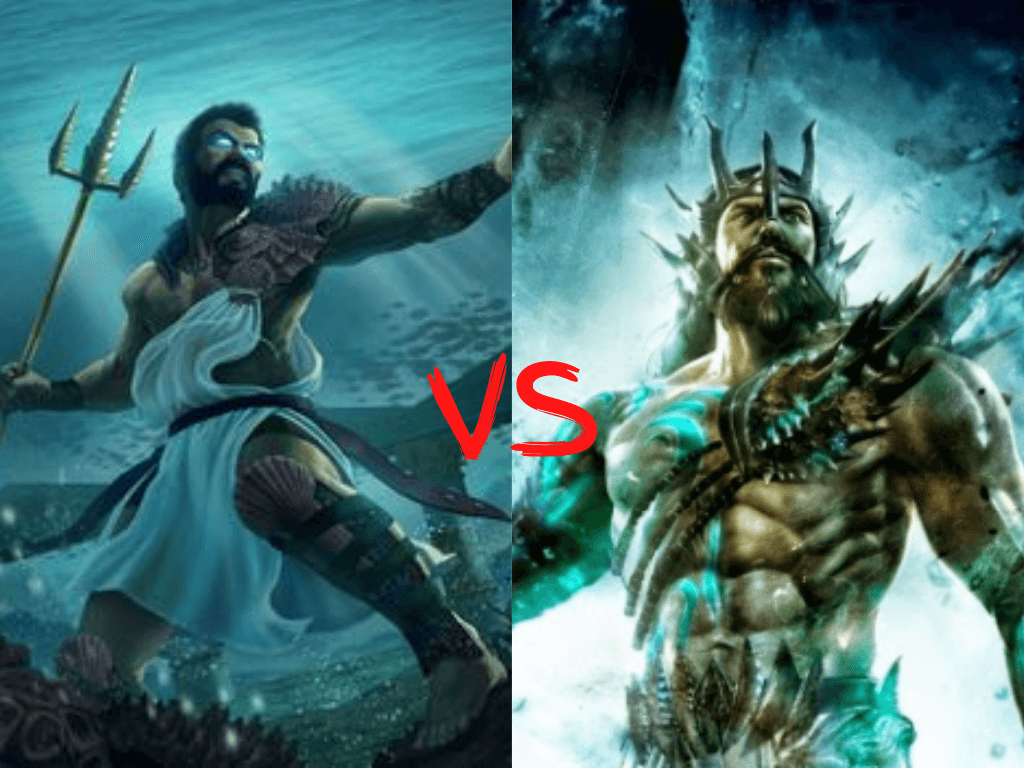
Who will win in Greek Gods vs Norse Gods Fight? (IMP Comparison) VidzHome
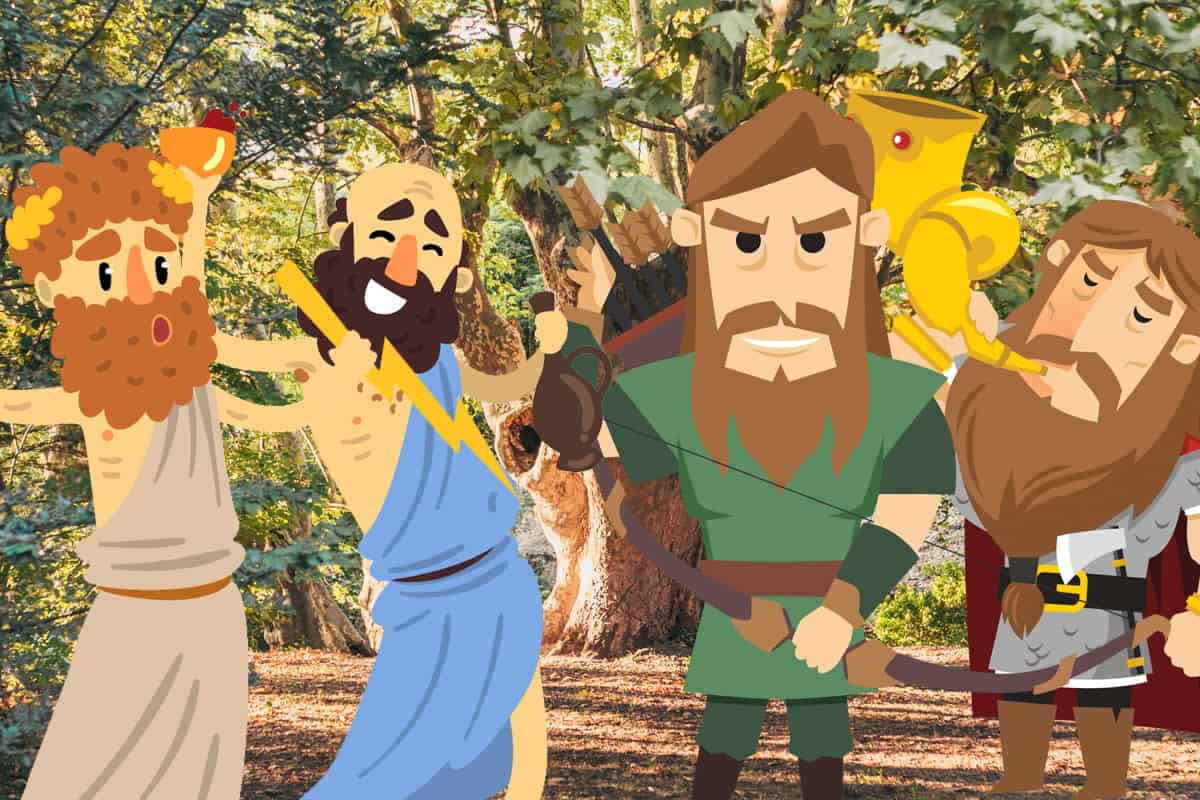
Greek Gods vs Norse Gods What is the Difference? Myth Nerd
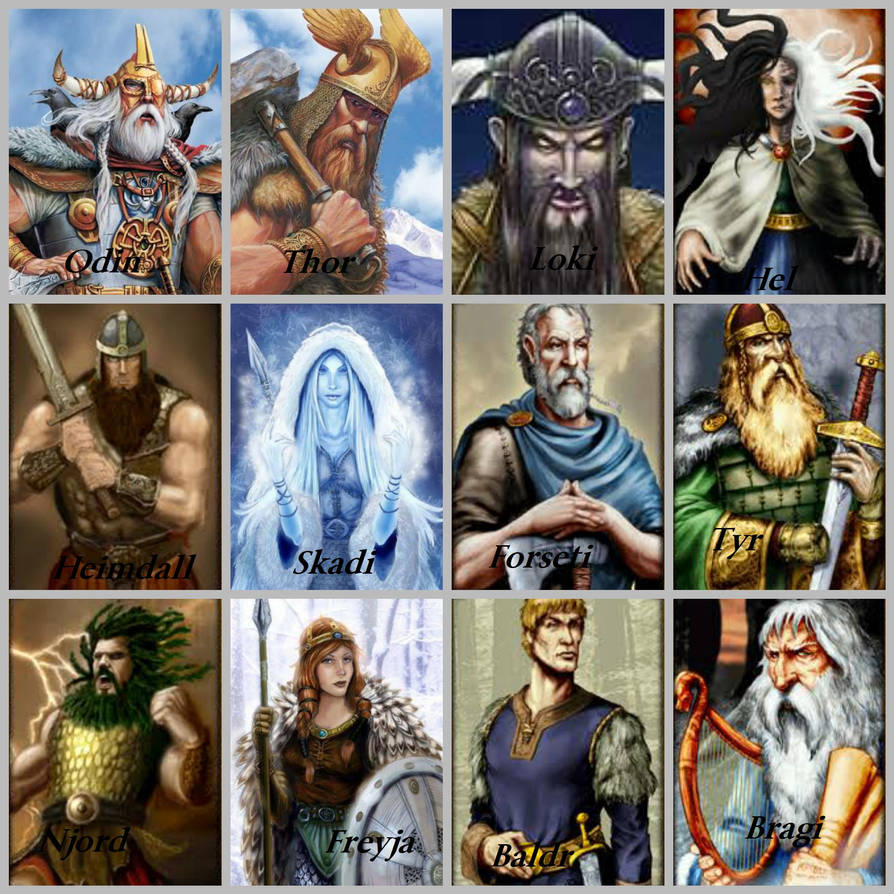
All Norse Gods by SirGawainKSel on DeviantArt

The Norse God Family Tree Veritable Hokum
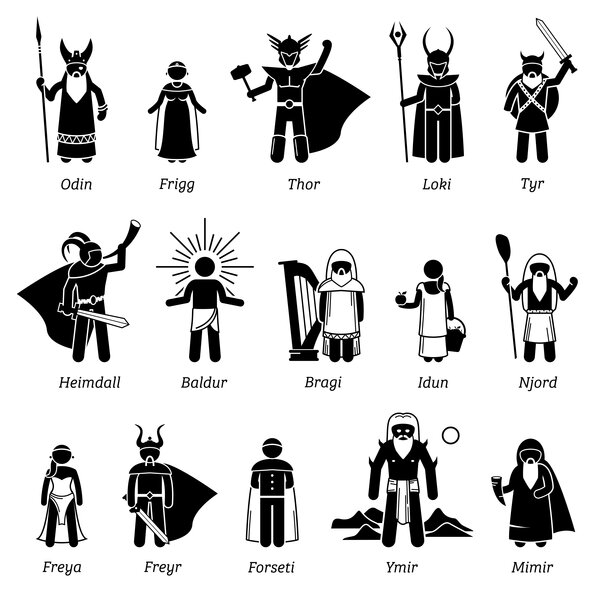
Norse Gods Vs. Greek Gods Differences & Similarities NorseMythologist
1. Immortality. Greek gods are immortal, whereas Norse gods are mortal. The Norse gods have supernatural abilities. However, in the end, they have to face their own mortality. This practice reflects the troubles and difficulties the ancient and modern people of Scandinavia faced, especially during the Viking age.. Mythology held a prominent place in the lives of both the Greeks and the Norse. For the Greeks, these stories were a way to comprehend the complexities of life, morality, and the interplay between gods and mortals. They believed that their gods, like Zeus and Athena, directly influenced their daily lives, granting both blessings and curses.